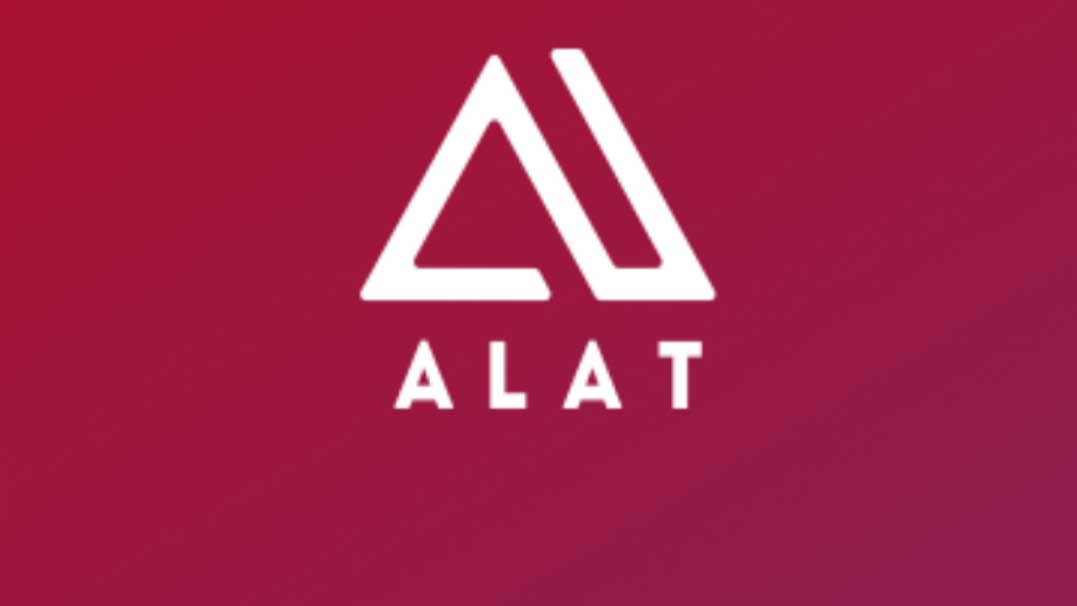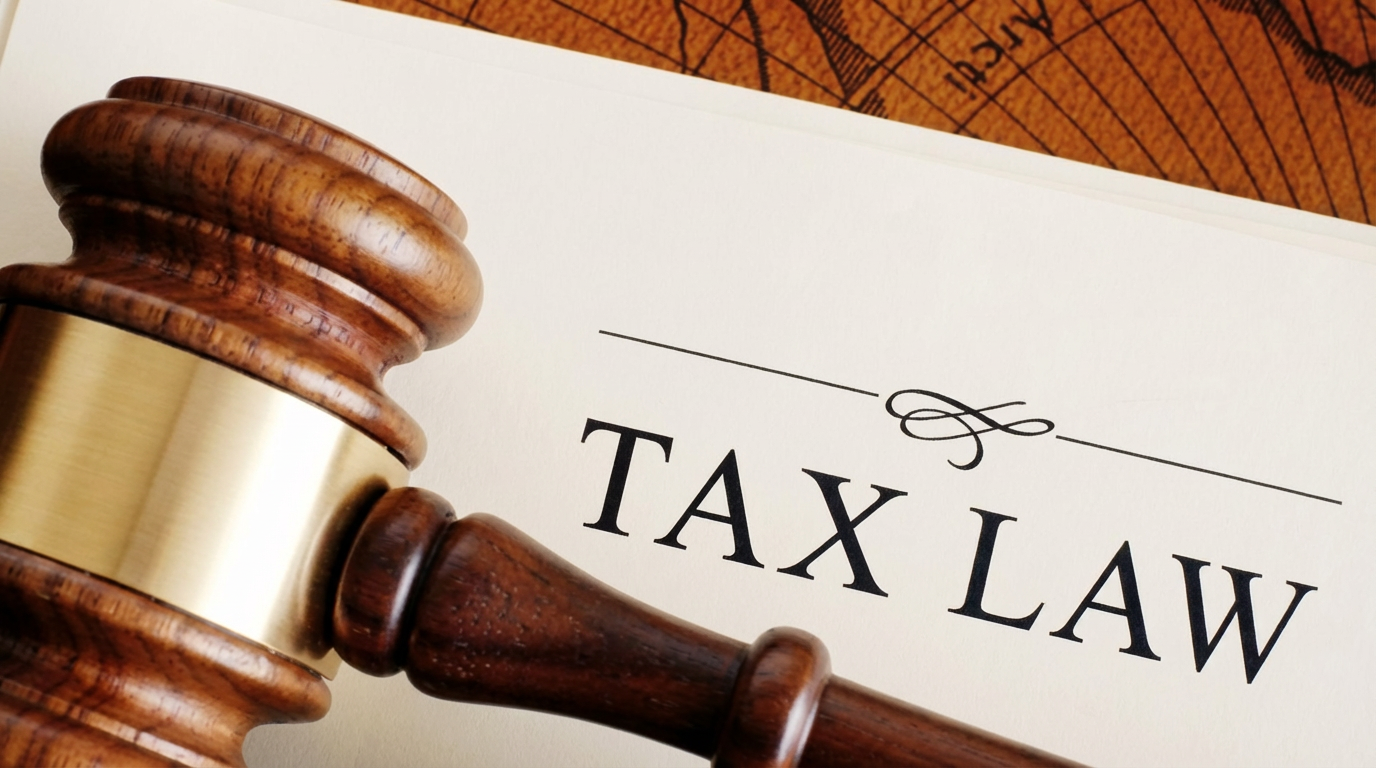
AS Nigeria’s housing deficit continues to widen, standing at 28 million units in Q1 of 2023 and fueled by low income, unavailability of affordable homes and zero access to flexible, cheap financing options; owning a home looks like a farfetched dream for many Nigerians.
To solve this problem, the National Pension Commission issued guidelines for obtaining mortgage finance by workers through the utilisation of a portion of the funds in their Retirement Savings Accounts (RSAs).
This was done in September, 2022, making it possible for eligible RSA holders to utilise a percentage of their total pension contributions to finance a home purchase.
Statistics drawn from the Federal Mortgage Bank of Nigeria show that the country’s housing deficit increases by 900,000 units annually, meaning that almost 30 million people are in dire need of a home.
Stepping up to fill this gap, Veritas Glanvills Pensions Limited (VG Pensions) has put in place, structures and resources to assist clients in accessing residential mortgages through their pension contributions. Understanding that owning a home is an essential part of financial security and retirement planning, they have helped many of its clients process their residential mortgage.
As a licensed Pension Fund Administrator managing RSAs of individuals and pension assets of institutions in the public and private sectors of the country for almost two decades; we have remained committed to providing exceptional client services, efficient benefits administration, easy access to pension savings for residential mortgage and pension funds growth for clients, said the Company.
Focusing on safe investment activities and decent returns have enabled them achieve consistent growth in all assets, which in turn has helped its clients who exit from active employment, retire into relative comfort.
Speaking on what RSA Holders should know about the Pension Mortgage Scheme; they said the Guidelines permit an eligible RSA holder to apply 25 percent of the total RSA balance as at the date of application, to fund equity contribution for residential mortgage.
An eligible RSA holder is an employee registered under the Contributory Pension Scheme (“CPS”) and whose RSA has received both the employer’s and employee’s mandatory contributions for a cumulative minimum period of 60 months. In addition to this, the RSA holder shall be in active employment (either as a salaried employee or as a self-employed person) and shall not have less than three years to retirement, at the time of the application.
“Furthermore, Existing retirees on the CPS and persons who are exempted under the Act are not eligible to apply. Married couples, who are both RSA holders, are eligible to make a joint application if they each meet the eligibility requirements. The allowable limit shall remain 25 percent of RSA balance irrespective of the percentage of equity contribution required by the mortgage lender. Where the allowable 25 percent is higher than the value of the equity contribution required, the RSA holder shall be able to access only an amount equivalent to the equity contribution. Also, where the allowable 25 percent is lower than the value of the equity contribution, the RSA holder shall be required to deposit the difference with the mortgage lender before an application can be approved.”
“In addition, an eligible RSA holder who has made voluntary contribution as permissible by the Act, shall be allowed to utilise the contingent portion of the VC in meeting the required equity contribution. Similarly, NSITF and other Pre-Scheme Contributions of active RSA contributors, are allowed to form part of the RSA balance in determining the required 25 per cent equity contribution.”
“Utilisation of the allowable 25 per cent by an eligible RSA holder for equity contribution for residential mortgage shall not render the RSA holder ineligible for payment of 25 per cent of
the RSA balance for loss of job in line with the provisions of the Act and verse versa. Micro Pension Contributors (persons who are registered under the Micro Pension Plan) are also allowed to access their RSA balances for residential mortgage provided the applicant has made contributions for a minimum of 60 months prior to the time of application and may utilise the contingent portion of the contribution.”
Documentation requirements include a Mortgage Offer Letter, Application for Mortgage Form signed by the RSA holder, Property Offer Letter (obtained from the property owner/approved agent, showing value, type and address of property), Loan Amount, Equity Contribution, Bank account details of the applicant with the Mortgage Lender, RSA Statement, Indemnity by the Mortgage Lender to the PFA and evidence of payment of difference, where 25 percent of RSA available, cannot cover equity required by the Mortgage Lender.






